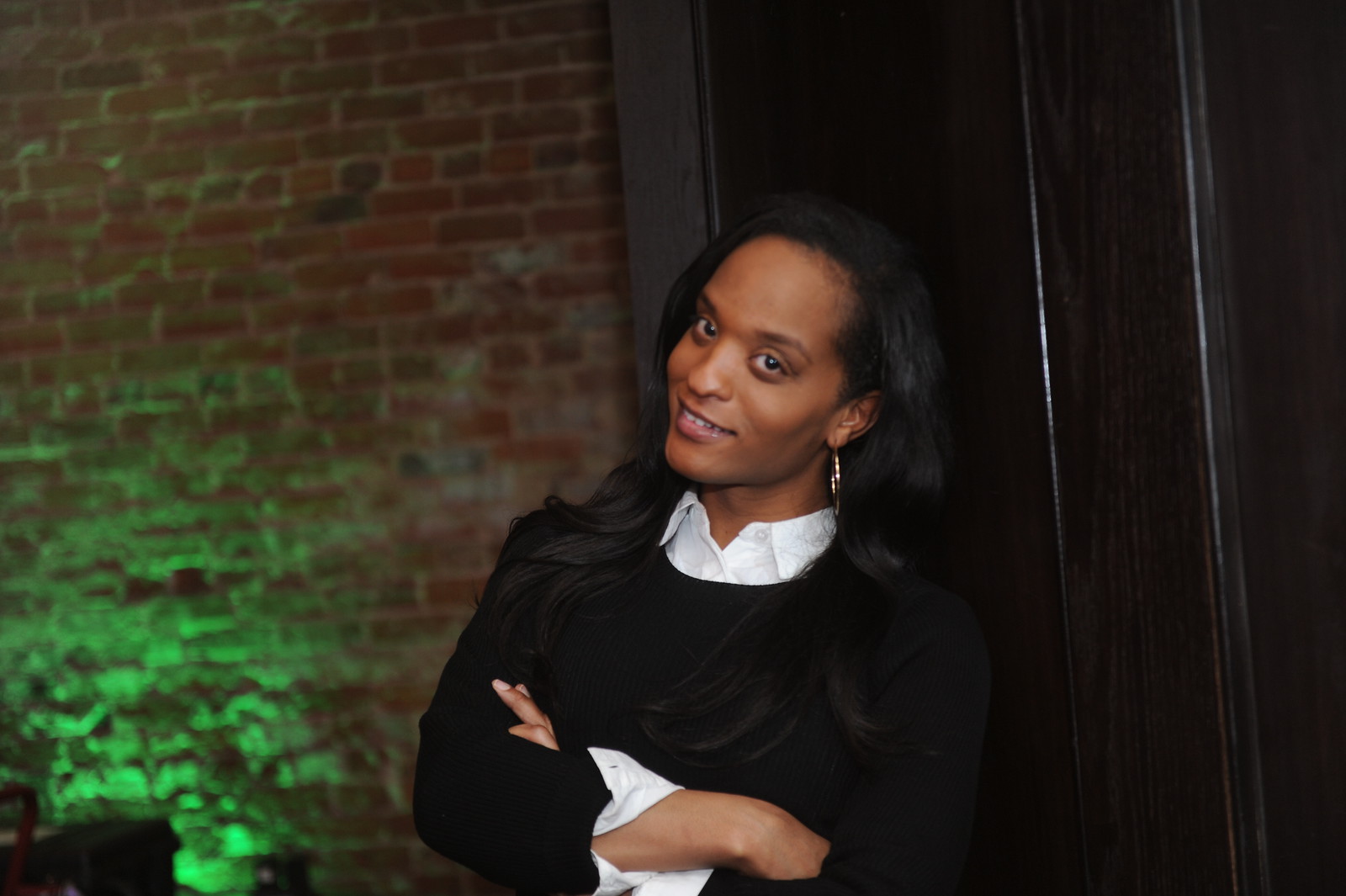
What can you do when people in your community are homeless? Justine Ingram is helping to change the narrative
I was born and raised in a very small town in Georgia. Believe me, being a teenager is hard enough in a space so little, but being me was even harder.
In a sense, that made me be me and developed my sense of humor, my carefree attitude, and my stubbornness or perseverance, depending on how you want to see it.
I've never been a person you could say no to. You can tell me I can't do it, but I will try anyway. I'm very headstrong and very passionate about the things I do, which makes me not be afraid of anything.
But who I am didn't become an issue until I got into high school. Let's just say that things I was hoping would happen with time, didn’t happen for me.
I would ask questions to the girls and the women that would walk by me, like, “How did you get boobs?” and from there they would enlighten me.
But it felt like no one around me was like me. So in the beginning, I identified myself as gay.
Needless to say, that was not well received in my southern town, and my sixteen-year-old self ran away from home to Atlanta.
That is when I was first exposed to transgender people.
Right now we are living through a new wave of transgender visibility, and that is amazing, but fifteen years ago, even a decade ago, things were very different.
A lot happened in between, but it came to a point where I ended up getting an apartment with my partner.
We were trying to live off $600 a month. We had no money. We did whatever we needed to do to eat and to pay our bills, to survive until the next day.
Even though I'm very headstrong, it would have been nice to have someone caring about me in a way that could have [protected] me from the trials and tribulations I went through.
At the time, I didn't have a cushion to fall back to. My relationship with my family was a little rocky, and they didn't want to necessarily support me.
But not everything was so bad. Among the transgender people in that field, I found a community that was and still is like a sisterhood. We helped each other with everything. People who were older than you or were farther along in their transition would take you under their wing and help you.
Over time, I was also able to count on my partner at the time. He had a big drive, so he ended up going to school and encouraged me to get into it as well.
Around that time my brother went to the military and we were so close that I just kind of thought to myself:
“Do you want to be the one that does not get anywhere?” When he left to go to the military, I left and got into school.
It was very hard navigating through the new experience and trying to get financial aid, while afraid of not being able to keep a roof over my head or food on the table. But my partner helped me through it all and was willing to make sure that things were staying afloat.
I decided that no matter what happened, I was going to move forward. I don't remember how, but a sum of money came in and it was just like a blessing, and I made sure to save it for a time of need, so I would not need to go back to a place where I'm not eating, or concerned about my safety.
As soon as classes started, I realized I was maybe three or four years older than everybody else. I was still only 23 years old, but I felt older.
To be honest, I didn't get involved in anything on campus. I went to class, did my work, and didn't talk to anybody—all because I just didn't want people to judge, and didn’t want my professors to penalize me for being trans.
It wasn't until senior year of college, when the whole bathroom bill came out, that the conversation started to take place in my classrooms. The first day we talked about it, I didn't say anything.
But then the second day, I just couldn't hold it in anymore. I stood up and said, “I'm trans, and I've been going to school with y'all for years. I have been in the bathroom with you, and y’all are fine.”
Everybody looked at me, eyes wide open. Some said, “Oh! we didn't know,” and proceeded to ask me all types of questions. That changed my college experience.
I could tell people started interacting differently with me. It wasn't a bad thing, but the way my teachers would handle me, the way the other students talked to me, definitely changed.
It was hard because I am more than my trans identity. I'm African-American, I have a family, I still like to eat, go to the movies and enjoy life just as much as everyone else.
My advisor gave me a paper and an internship at an LGBTQ agency. At first, I was skeptical, because I didn't necessarily want to do anything LGBTQ-related. But he said this would be a great way for me to progress pretty fast.
“You'll probably have jobs before any of your classmates do,” he said, and that's what happened.
I started working for Georgia Equality as an intern. It was an experience because despite being transgender myself, I didn't know things like the proper language and what people inside the community were facing.
That changed my life and my perspective. I became very passionate about helping my community and was grateful to my advisor for seeing something I wasn't seeing then.
CONTENIDO RELACIONADO
Then I worked for Trans House, an Atlanta program that works like a housing agency for transgender people. And currently, I am the Transgender coordinator for Fulton County Board of Health in Atlanta, GA.
My job is really fun for me, and I do it with a lot of passion. I plan, promote, and create curriculums to help the transgender community and address health disparities, with a focus on HIV prevention.
I am also on the executive board of the Trans Housing Atlanta Program (THAP), where we provide housing resources to transgender and gender-nonconforming people. It's a very important task because here in Atlanta, the homeless system is very messed up.
Transgender people are still very much being discriminated against, and it's not necessarily safe for us to just be living on the streets. We have a Facebook page, where we promote awareness and try to get support to be able to afford the resources so we can help the community.
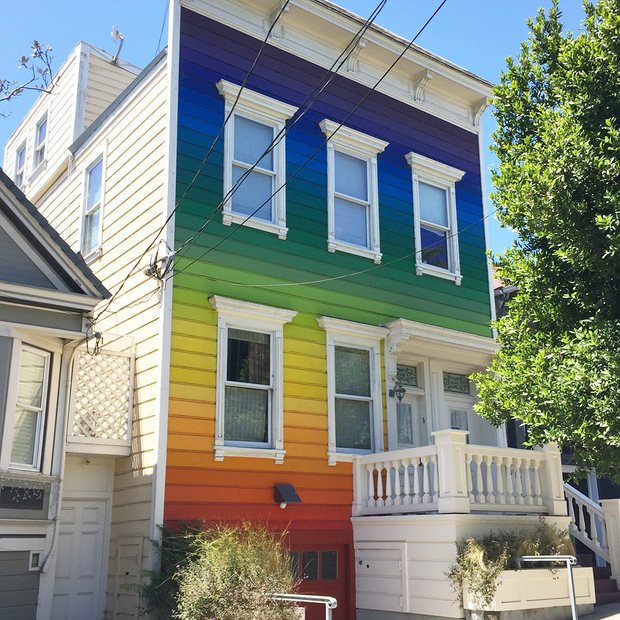
The whole thing started because of a trans woman who worked in a college as a librarian for years, but ended up getting fired when she transitioned. She ended up going to a shelter, but they didn't want her to present in the gender she identified with. She ultimately committed suicide.
Before she transitioned, she had a great job, a home, a family—but everything went away. It brought a lot of attention and it spearheaded the Trans House Atlanta program.
Now, we get a lot of phone calls, between 12 to 20 people a month, and sometimes the people calling need more help than the resources we can provide. We need funding for houses, and we actively campaign for them so we can buy our place to house people.
Right now we do referrals and lots of emergency housing, like getting people off the streets and into hotel rooms. But we want to get to a point where we can hire trans people, so they can gain experience, learn skills and be able to stand on their own feet.
It can be very hard for a transgender person in my conservative, religious driven south. People think we are so different from them when in reality we do the same things.
My days of partying are pretty much over, so I just get up, go to work every day, come home and cook. If I have meetings and community events, I do that or I go out with my friends for a couple of drinks on the weekends.
I love my family, talk to my brother every day, and call my parents to check on them. For the most part, I am probably just like you.
But people tend to reject what they can’t understand, and people like me end up being marginalized, discriminated against or even murdered.
The most basic things can take a turn for me. To this day I have a lot of anxiety when it comes to going to the doctor, I am afraid of being treated poorly once medical staff discovers I am Trans and not cisgender.
Even walking a block from my car to a place can turn deadly. I never know if somebody could just come up and attack me. Trans women have been getting killed for years, especially transgender women of color.
When I was younger, girls were getting murdered in a place we called Murder Kroger. Trans women would be found behind there all the time. In 2000 and 2016 I lost two of my friends to anti-transgender violence, and their murders haven't been solved.
It feels like no one cares, but that pushes me to continue to do the work I do. And sometimes that is all you can do: Bring some light into this world and hope for the best.
When our trans sisters get murdered, we will stand and we will make noise. There is light at the end of the tunnel, and it is going to be a lot better for the generations to come, because of the changes we are doing now.


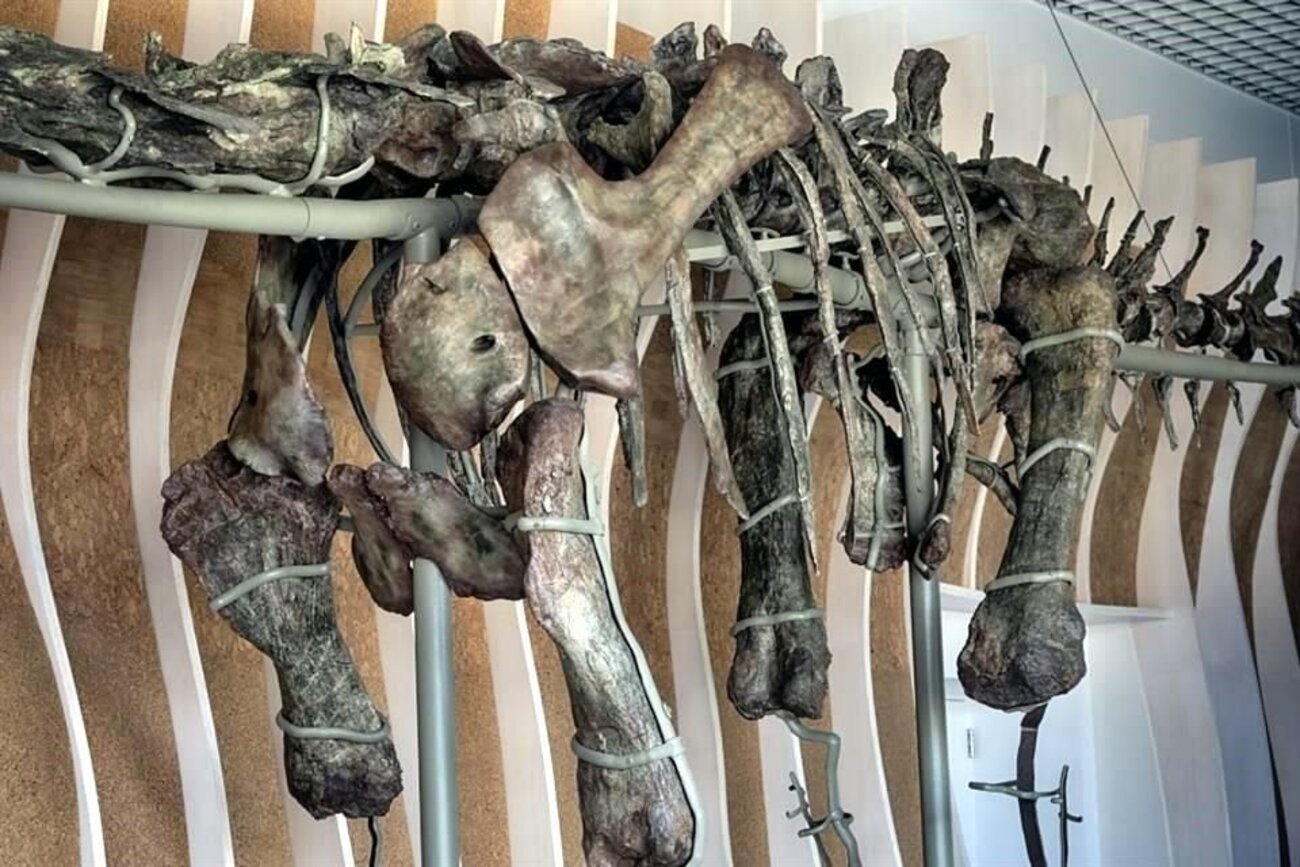
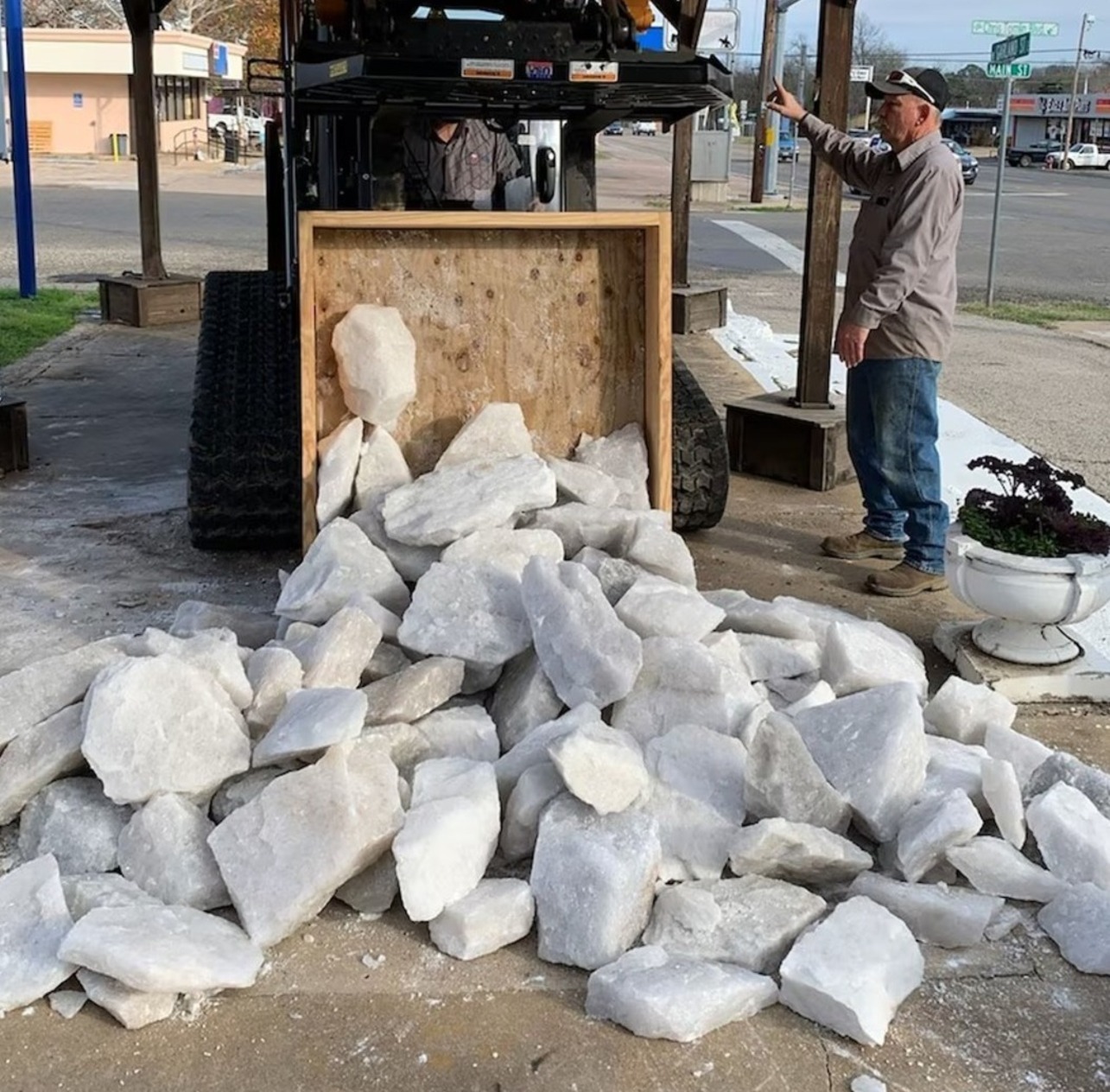


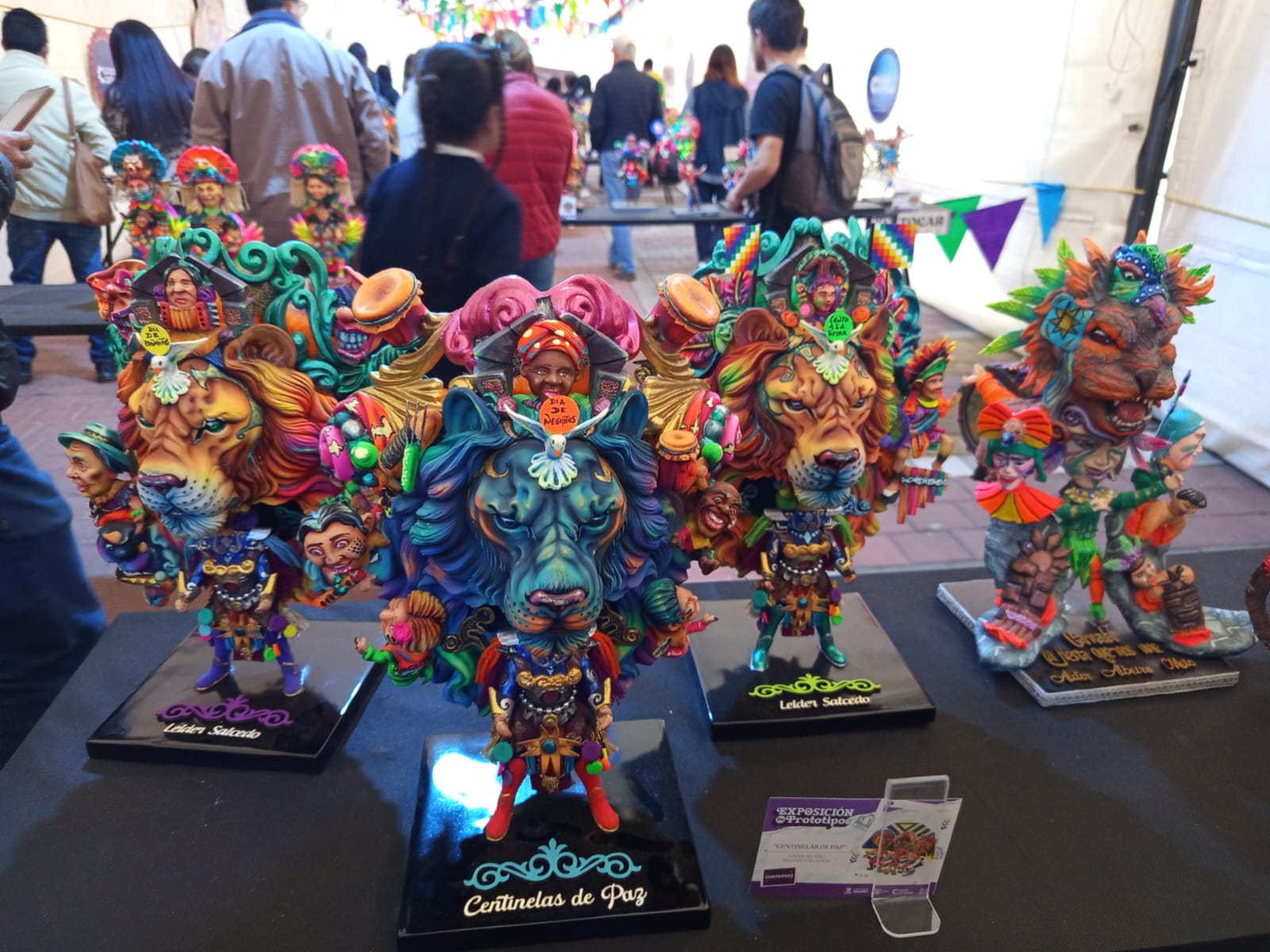


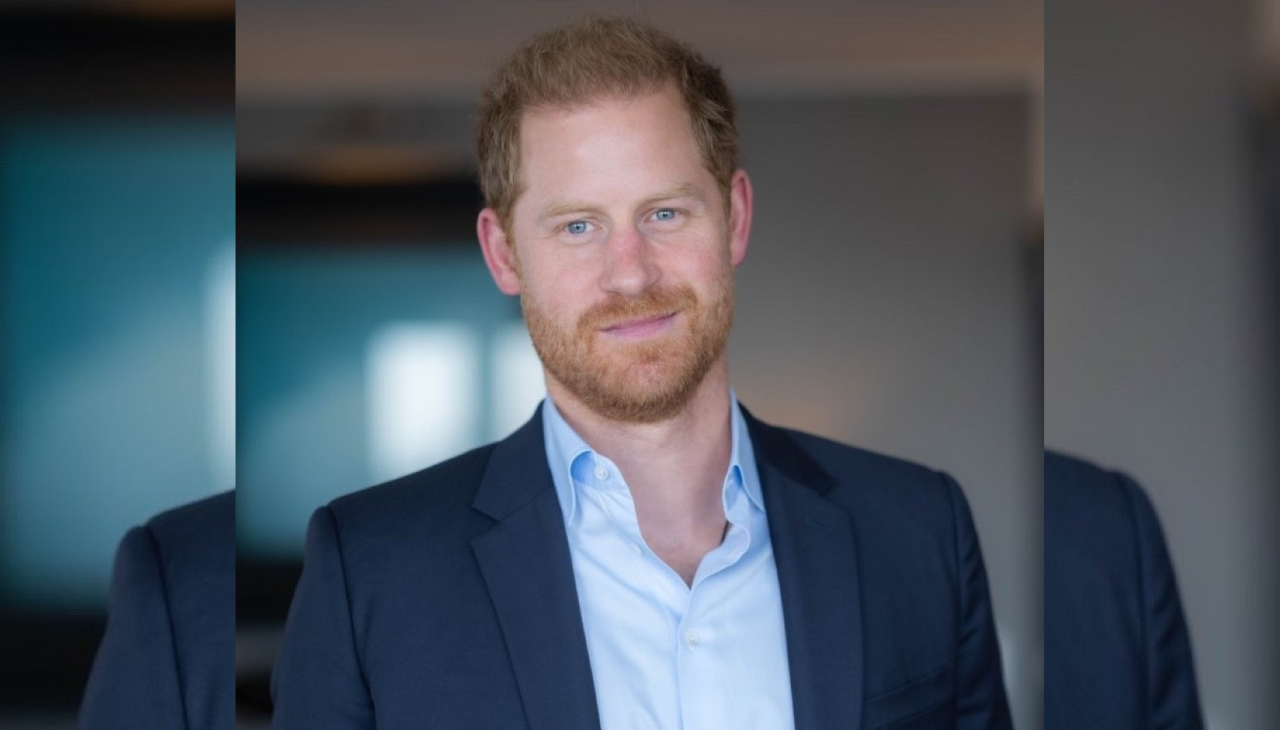
DEJE UN COMENTARIO:
¡Únete a la discusión! Deja un comentario.